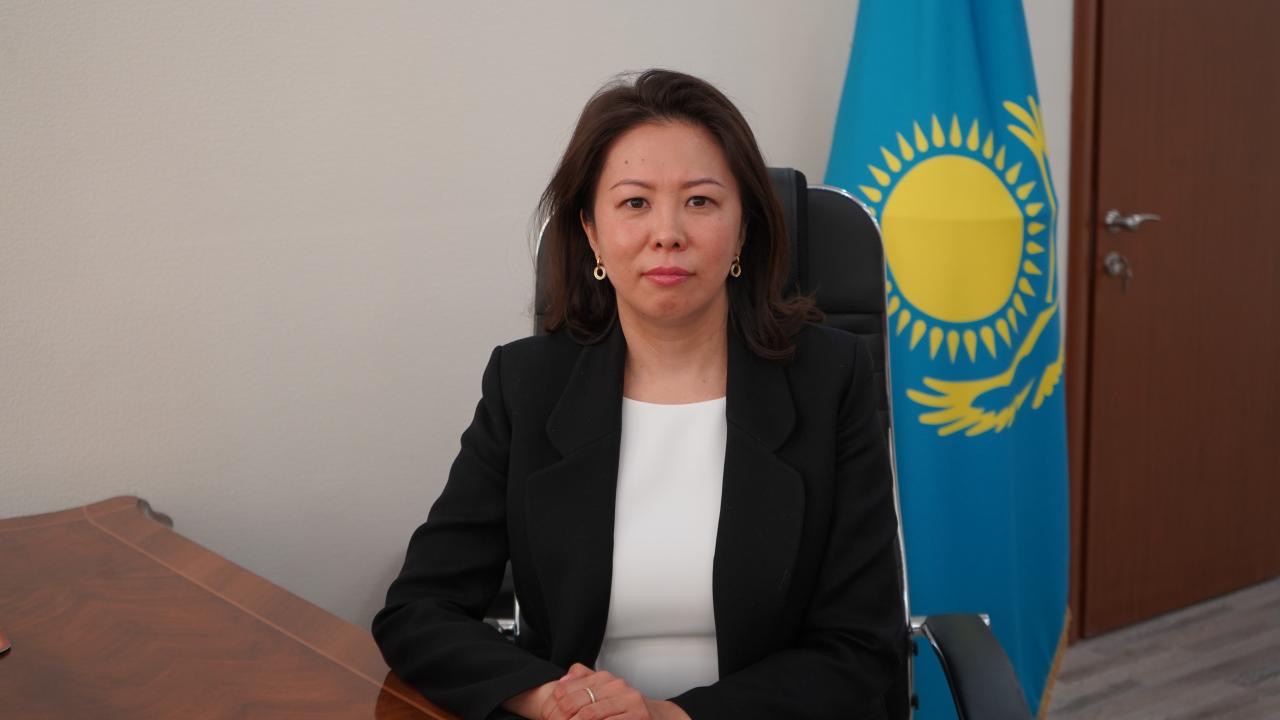Human trafficking remains a pressing global issue that continues to violate basic human rights and exploit vulnerable individuals. Recognizing the urgency of this problem, countries worldwide are enhancing their efforts to combat this crime. Ahead of the World Day Against Trafficking in Persons on July 30, Kazakhstan stands against this abhorrent crime, and is fully committed to combating human trafficking and strengthening human rights.

The fight against human trafficking has gained significant momentum in recent years, with international institutions working in tandem to address this grave human rights violation. The United Nations Office on Drugs and Crime (UNODC) plays a crucial role in monitoring the global situation and reporting progress. According to the UNODC’s Global Report on Human Trafficking for 2022, there has been an encouraging 11% decrease in global human trafficking compared to 2019. This decline demonstrates the effectiveness of concerted efforts against this crime.
Protecting and rehabilitating the victims of human trafficking is a vital aspect of this work. It is imperative to provide support to those affected by these illegal activities, as this not only helps them to regain control of their lives but also acts as a deterrent to potential traffickers. By holding perpetrators to account, countries can prevent future instances of trafficking. Recognizing this, countries are implementing measures to punish those responsible and ensure the well-being of victims and their reintegration into society.
To effectively combat human trafficking, continuous and high-quality training of law enforcement personnel is essential. This ensures that they are well-versed in legal procedures, knowledgeable about the nuances of trafficking cases, and equipped to handle investigations and prosecutions effectively. Sharing best practices and experiences between countries is also crucial in enhancing the collective fight against this crime. Kazakhstan is actively involved in this process, cooperating with various international organizations, and participating in international forums to exchange knowledge and strengthen its efforts.
Kazakhstan has made significant strides in the battle against human trafficking. Our country has achieved a notable drop in trafficking-related crimes, decreasing from 304 cases in 2017 to 111 cases in 2020. Kazakhstan is a party to over 60 international treaties, with 13 specifically addressing modern forms of slavery. In line with its international obligations, Kazakhstan is currently in the process of adopting a separate law on combating human trafficking. This legislation aims to align existing definitions with international standards, establish authorized bodies, introduce risk assessments, and provide comprehensive assistance to victims.
Kazakhstan recognizes the importance of international collaboration in combating human trafficking. By actively participating in initiatives such as international roundtables and conferences, Kazakhstan can learn from other nations’ experiences and incorporate best practices into its own legal framework and law enforcement practices. This commitment exemplifies Kazakhstan’s dedication to eradicating human trafficking and ensuring the protection of human rights.
Human trafficking remains a grave violation of human rights that demands the attention and collective efforts of the international community. The global progress made in reducing this crime is encouraging, but there is still much work to be done. By investing in personnel training, strengthening international cooperation, and adopting comprehensive legislation, countries can continue to combat human trafficking effectively. It is only through these concerted efforts that we can ensure a world where human rights are respected, and exploitation is eradicated.
The author is the Vice Minister of Justice of Kazakhstan.
